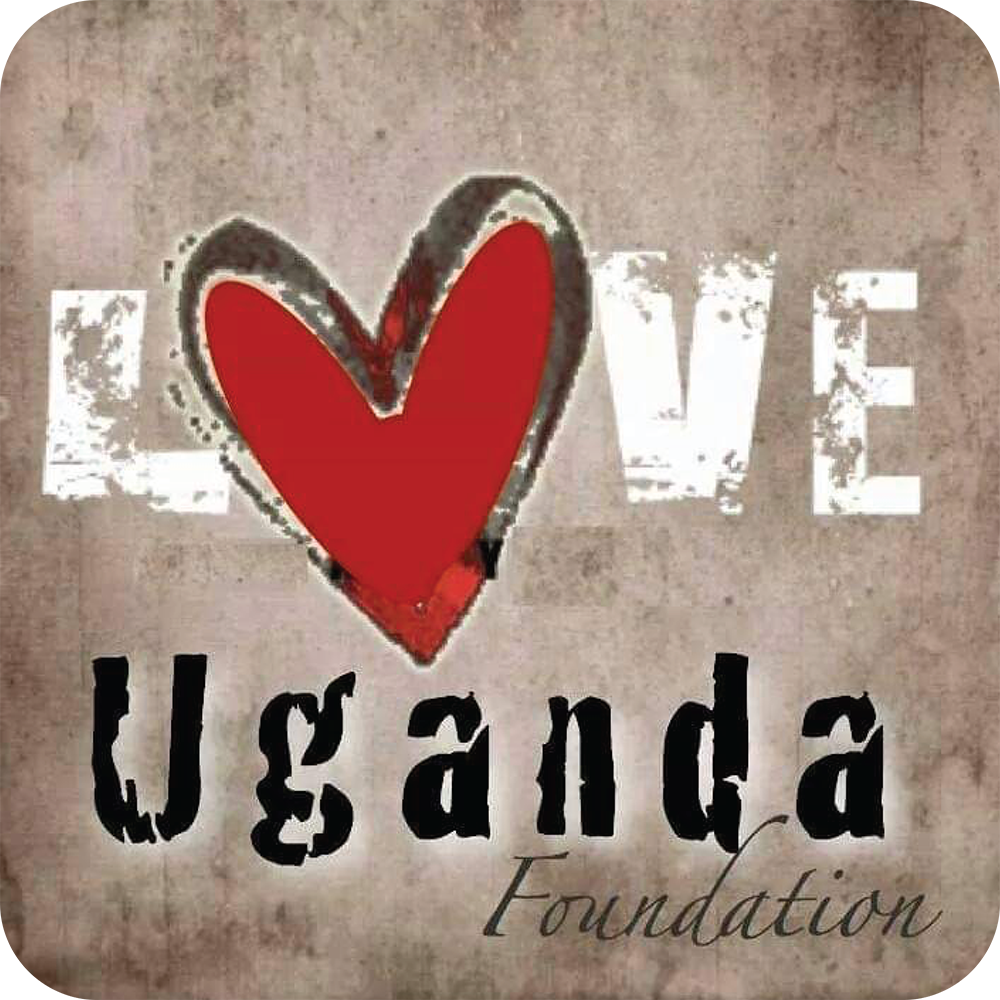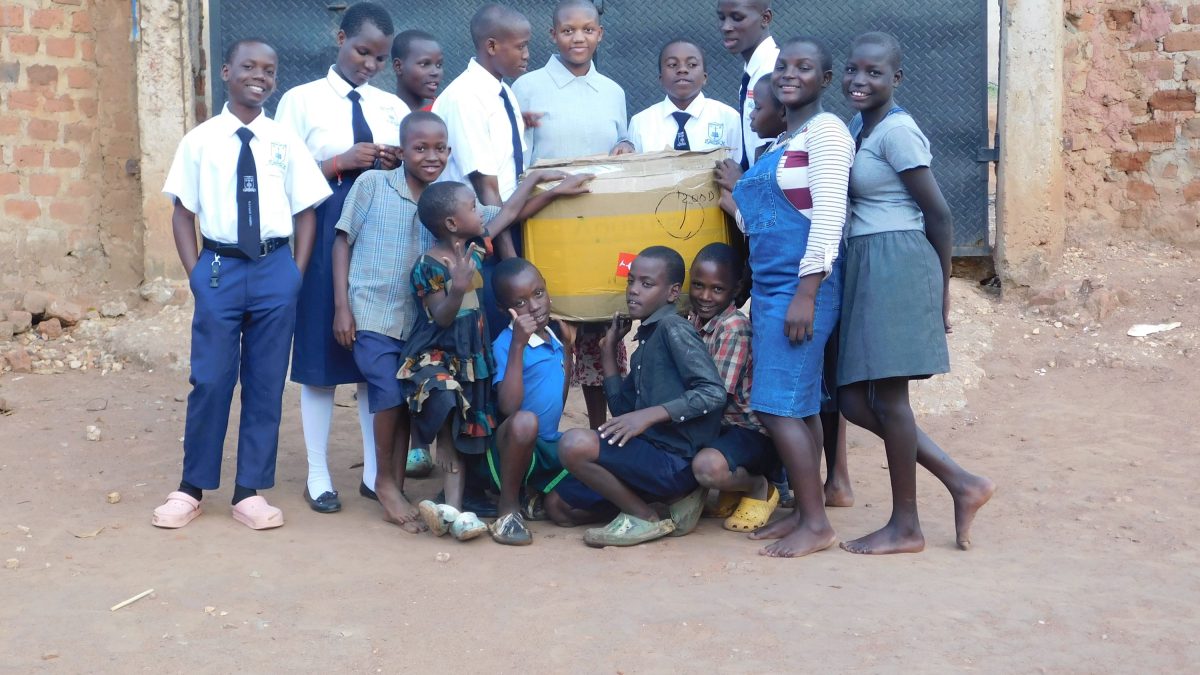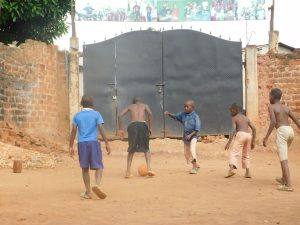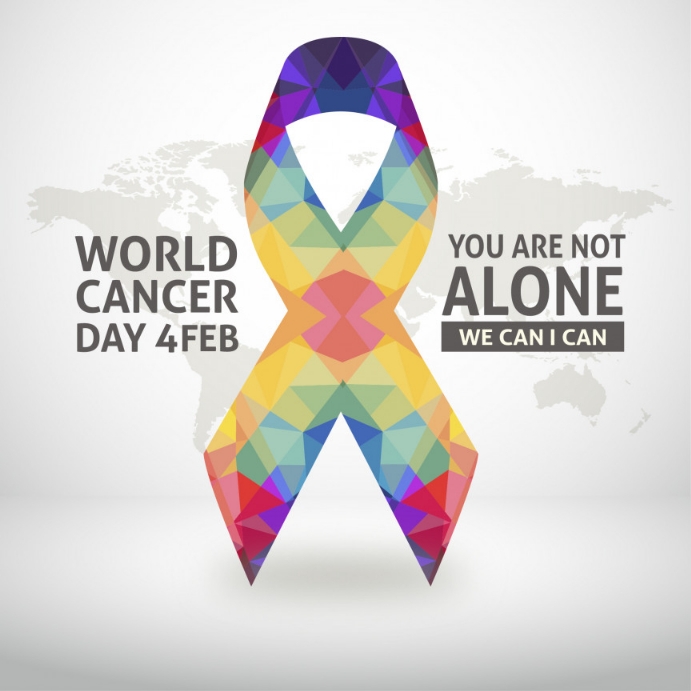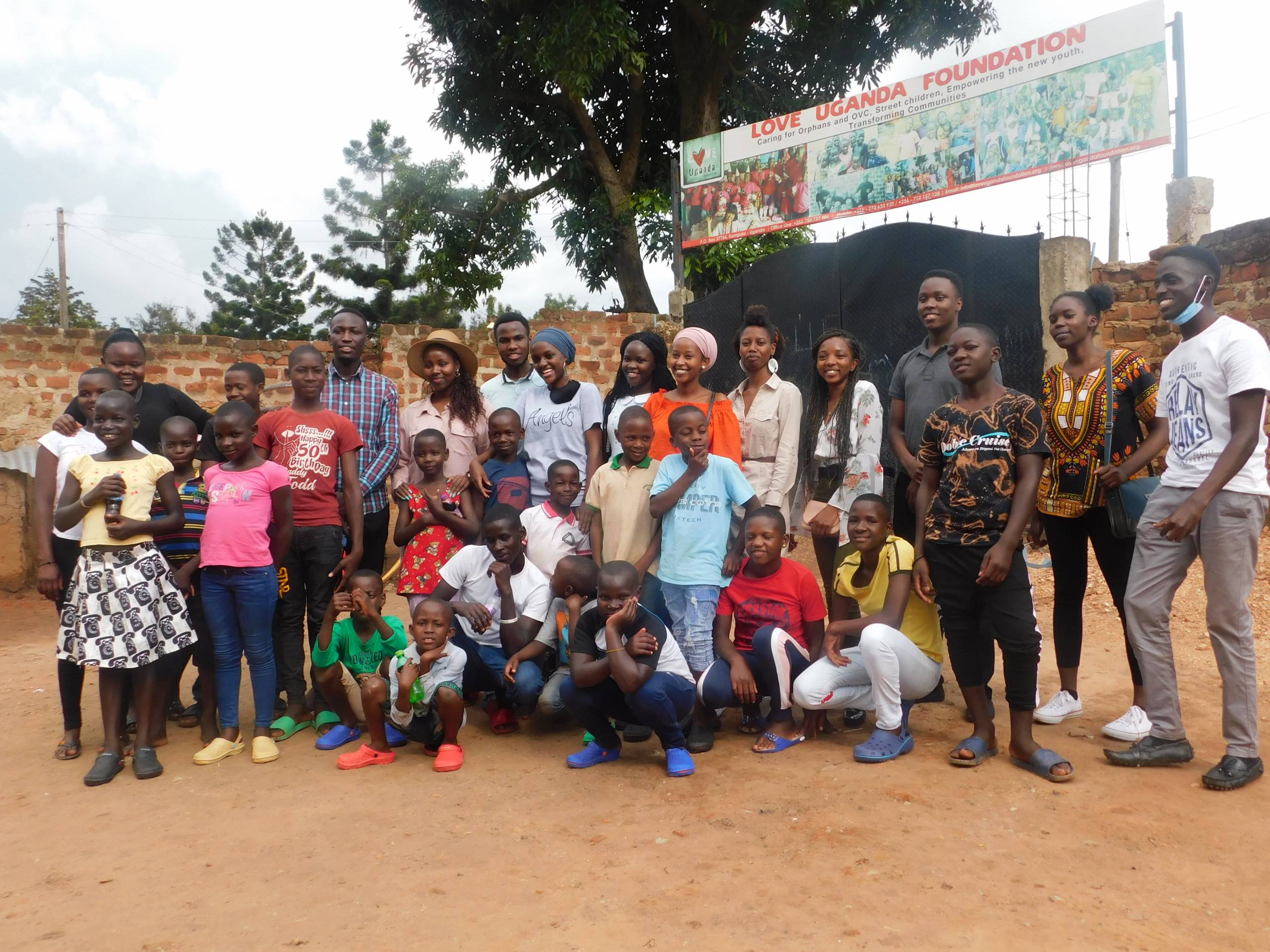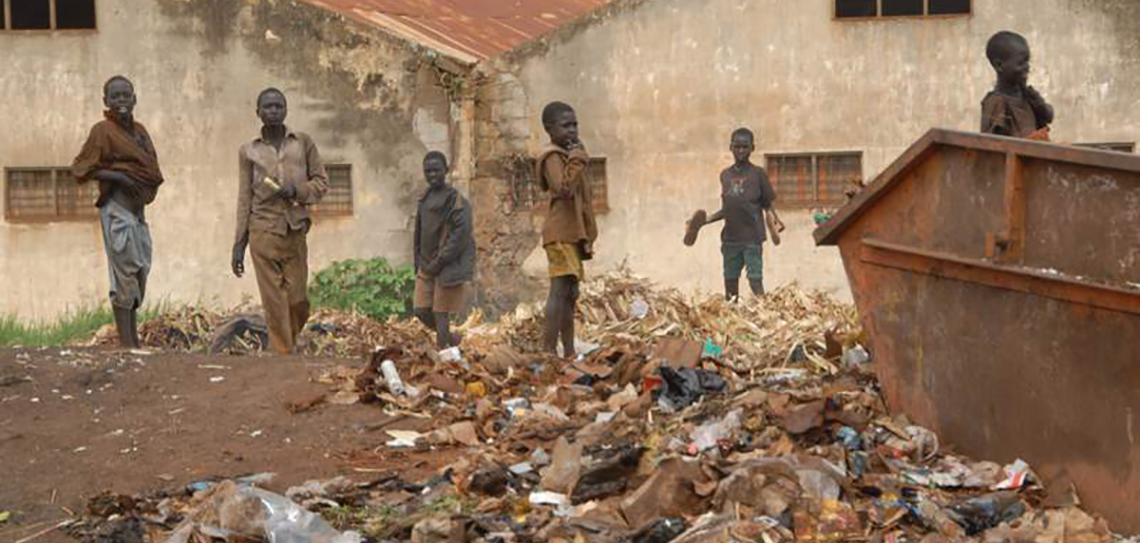PARENTING IN UGANDA

MENSTRUAL STIGMA IN UGANDA
August 4, 2023
COMMUNITY EMPOWERMENT THROUGH SPORTS IN UGANDA
November 6, 2023WHAT BEING A PARENT IN UGANDA MEANS
Research and science have proved that from the time of pregnancy the day until the time of death, human beings’ growth and development have a direct relationship with the environment. The human brain responds to its environment, reshaping neural connections in line with social experience. Additionally, neglect, violence, and other adversities that disrupt safety and security in childhood can distort these processes with negative impacts that extend far beyond the suffering of individuals to encompass the rearing environments of future generations and societies they will compose. This is why we believe that the style of Parenting is something that should be dealt with extraordinary care if the nation is to have good citizens and a better tomorrow.
In this discussion, we shall look at quite a number of key topics under parenting. We shall answer questions of why some children become important and successful people in life while others become public nuisance or outcasts – for lack of a better word. We shall also talk about the key stakeholders in parenting and what their responsibilities are. It is the parents that have the obligation to raise a good child. Is it the community or the government? At what stage does a child become an adult? All these and many other questions need to be answered and come up with a common answer if parenting is to be of importance to parents, children, and the nation as a whole. This is in line with the words of Uganda’s Former Prime Minister – Dr. Ruhakana Rugunda “If the country is to grow, our children must grow.”
What is parenting like in Uganda?
In simple terms, parenting can be defined as the process of raising children and providing them with protection and care in order to ensure their healthy development into adulthood. However, due diversity of cultures in Uganda and the world as a whole, parenting can vary from one society to another. Some communities look at parenting as a process of shaping a child into what parents want them to be. For instance in Uganda, most parents will tell you that they want their child to be A, B, C, and D.
On the other hand, parents focus on giving the child confidence as well as the potential to become what the child wants to be. These types of parents say, “I want my child to become what he or she wants when they grow up. Irrespective of what the child becomes in the future, the underlying values of parenting rotate around providing basic needs, protection, and care as well as giving the child a safe environment for proper growth and development.
In Ugandan societies, like any other African society, parenting has a lot to do with cultural and religious values. There is much focus on discipline and respect for elders, for example among the Baganda, children are expected to kneel down when they are greeting elders as a gesture of respect. In some communities, there is where parenting goes beyond the line and becomes torture and ends up traumatizing children.
What are the major stages of growth and development in human beings?
Like any other living organism, human beings undergo stages of development right from the time of conception in the mother’s womb up to the time of death. This growth and development is not an overnight thing. It is rather a continuous process that goes on and on day by day. Human beings undergo two major stages of life that is; the prenatal stage (from the time of fertilization in the mother’s womb up to the time of birth) and then the postnatal stage (from the time of birth up to the time of death). All these stages have sub-stages which can be summarized as below;
Stage 1: Prenatal stage
This stage comprises of germinal stage, embryonic stage, and fetal stage. It is the process that takes place from the time a male sperm fertilizes a female egg, forms an embryo, and then a fully grown-up fetus that becomes a baby at the time of birth.
Stage 2: Postnatal stage
In this stage of development, individuals grow from one phase to another. It is after the successful completion of one stage that is when the next stage sets in. Skipping one stage or overstaying in one stage can result in abnormalities and stunted growth. If parenting is poor in any of these stages, the behaviors and the rate of growth and development of an individual may be altered or delayed. The five major phases/stages of the postnatal stage include;
- Infancy (neonate and up to one year of age)
- Toddler ( one to five years of age)
- Childhood (three to eleven years old) – Early childhood is from 3 to 8 years old, and middle childhood is from 9 to 11 years old.
- Adolescence or teenage (from 12 to 18 years old)
- Adulthood (18 years and above)
Note: Different changes occur at different stages of individual growth and the changes may vary from person to person. If the changes are not dealt with in a supportive way, children might be embarrassed. And behavioral changes may occur and affect them for the rest of their lives. The most dangerous stage in child development is the adolescence stage since it comes with curiosity, body demands, energy, and the desire to try out new things all the time. Children at this stage need care and support from parents, friends, and families.
What are the major contemporary issues in parenting?
Basic needs
It is so important for parents, guardians, and other stakeholders to realize that if parenting is to be effective and of good purpose, children must be provided with essential needs of life. These include; shelter, clothing, food, education, health care, and family, to mention but a few. A hungry child cannot respect the culture that does not feed him or her.
Child care
Much as it looks like basic needs, there is more to parenting by giving childcare support. This may include; washing their laundry, showing them love, and giving them a family and a sense of belongingness.
Child work and child labor
In parenting, a line between child work and child labor must be drawn. Children should participate in activities that fit their age in their journey of growth. This is to prepare them for the future both mentally and physically. However, when work goes beyond the size of a child, it becomes labor which is not good for the lives of these children. Children should not be allowed to get obsessed with earning money since can divert their minds from important life issues such as education.
The role played by their communities
In the same way adults are victims of social influence is the same way children are vulnerable to community influence. They do what they see others doing more than what their parents tell them. Though there is a common notion that “do as I do not as I say”, children usually do the reverse. This puts a responsibility on the shoulders of the parents, they ought to choose the right community to stay in if their children have to be well disciplined. Little wonder, children who are born in times of war lose virtues like love, care, hope, and forgiveness.
Cultural diversity and the modern world
While the world continues to become a global village, different cultures begin to combine and form new cultures. There is nothing like pure African Asian or American culture. This is a result of factors such as technology, intermarriages, changes in the work environment, etc. All these have put proper parenting at stake as children struggle to mix the different cultures into one. For instance, the Western world is pushing for the legalization of Lesbian Gay Bisexual Transgender Queer (LGBTQ+). This is in opposition to African and Middle Eastern values. Parents need to be careful and sensitive with their children in such a dynamic world.
Key stakeholders in Parenting as well as the distribution of their roles and responsibilities.
Parenting is a journey or process that involves moving from one stage to another. It involves stakeholders and each stakeholder has a responsibility and a role to play. It is more of a collective effort rather than an individual duty. Below are some of the major stakeholders in parenting;
The child
It is the sole duty of the child to fulfill their responsibilities as a child as expected by the parents, actively participate in acquiring life skills, and advocate for a proper parenting agenda. The child is also responsible for providing peer support for positive values. Supporting his or her parents in implementing the guidelines and fostering positive family relationships. The child also has a mandate to report cases of child neglect and abuse in the family and the community as well as Participate in domestic chores.
The parent or Guardian
It is the sole responsibility of a parent or guardian to; Acquire parenting skills, practice parenting and seek guidance on parenting. Be positive role models to children and society as well. And provide adequate and appropriate information to their children. Additionally, parents ought to provide care according to the Parenting guidelines and treat all children equally without discrimination due to sex, disability, stature, appearance, and color. They should also Contribute to the parenting of other children in the community. Provide feedback on the implementation of parenting guidelines where necessary. And participate in parent-support initiatives. Lastly, parents should provide a secure environment for child growth and development and pass on positive cultural practices during parenting.
The government
It is the duty of the government to mainstream the parenting interventions in the Local Government development plans and budgets, implement the Parenting Guidelines in all Local Government structures, and enact and enforce ordinances and bylaws in support of the National Parenting Practices. And mobilize, allocate and utilize local resources optimally for the implementation of parenting guidelines. The government is also obliged to mobilize and sensitize communities to participate in the implementation of parenting guidelines and coordinate all stakeholders implementing the guidelines. It should also carry out monitoring and evaluation of the implementation of parenting guidelines at all levels and build the capacity of service providers and stakeholders to implement the guidelines.
The communities and family members
Family members and communities are mandated to provide care according to the Parenting guidelines. Fill in the gap in the absence of biological parents, create awareness about the importance of community participation in parenting. And mobilize the people to support the implementation of Parenting guidelines. They should also provide feedback on the implementation of the parenting guidelines. Provide psycho-social support to parents and children as well as liaise with child protection committees, para-social workers, and any other relevant local structure. Participating in parent-support initiatives. Identify the most vulnerable children in the community, and taking appropriate action such as referral for services is also their primary responsibility
Traditional Cultural and Religious Institutions
These are mandated with a responsibility to identify, document, and promote positive cultural practices related to positive parenting. Promote the Parenting Practices within their respective institutions and amongst their subjects. And collaborate with stakeholders in ensuring family support and stability. They can as well promote intercultural exchanges to share experiences on positive parenting. Make pronouncements to discourage negative cultural norms and practices that affect the growth and development of a child, and family strengthen and recognize model families in their area.
The media and social media
These are responsible for promoting parenting practices through the media and creating content that promotes positive parenting. And designing age-appropriate programs and schedules. They should also ensure that the content is censored before being published through their medium. They should as well promote positive local content which strengthens and builds the family institution.
What are the key characteristics of good parenting?
If you are looking forward to practicing good parenting, you ought to;
- Express love to the children
- Spend quality time with children
- Build self-esteem and confidence in children
- Instill religious and cultural values in children
- Live by example
- Provide for the needs of children
- Respond to children’s sexuality
- Raise hardworking children
- Instill the value of wealth creation and saving in children
- Care for children with special needs
Conclusion
You are everywhere you need to be regarding parenting in Uganda. It is high time you considered being a parent to a child here. Sponsor a Child in Uganda and have an impact to the social economic transformation of the country and the world at large. You can as well Volunteer with a Child Care Project in Uganda and get an exceptional experience while impacting lives.
